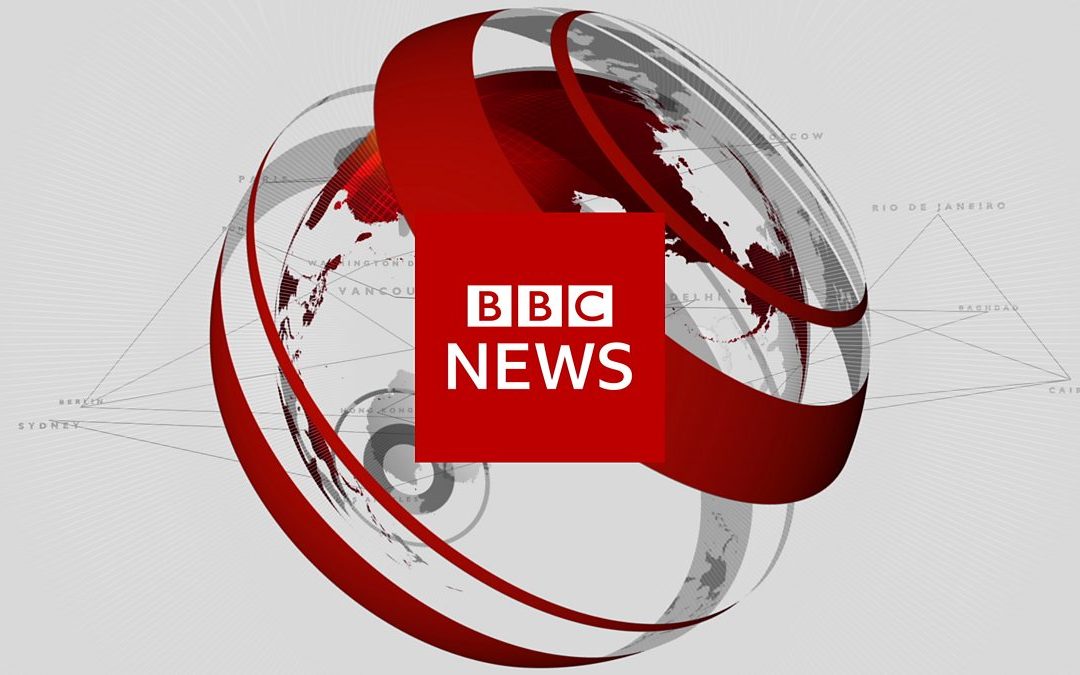
by Shaun Chamberlin | May 26, 2008 | All Posts, Climate Change, Politics, TEQs (Tradable Energy Quotas)
Today the UK Parliament’s Environmental Audit Committee (EAC), tasked with evaluating the Government’s environmental progress, published their report into Personal Carbon Trading, finding that “personal carbon trading could be essential in helping to...

by Shaun Chamberlin | May 19, 2008 | All Posts, Climate Change, Peak Oil, Politics
As I mentioned in my earlier post, last week I met Polly Higgins, The Lazy Environmentalist. She specialises in CSP, and informed me that we may now be seeing serious political movement towards an EU-MENA supergrid bringing CSP-generated electricity to Europe from the...
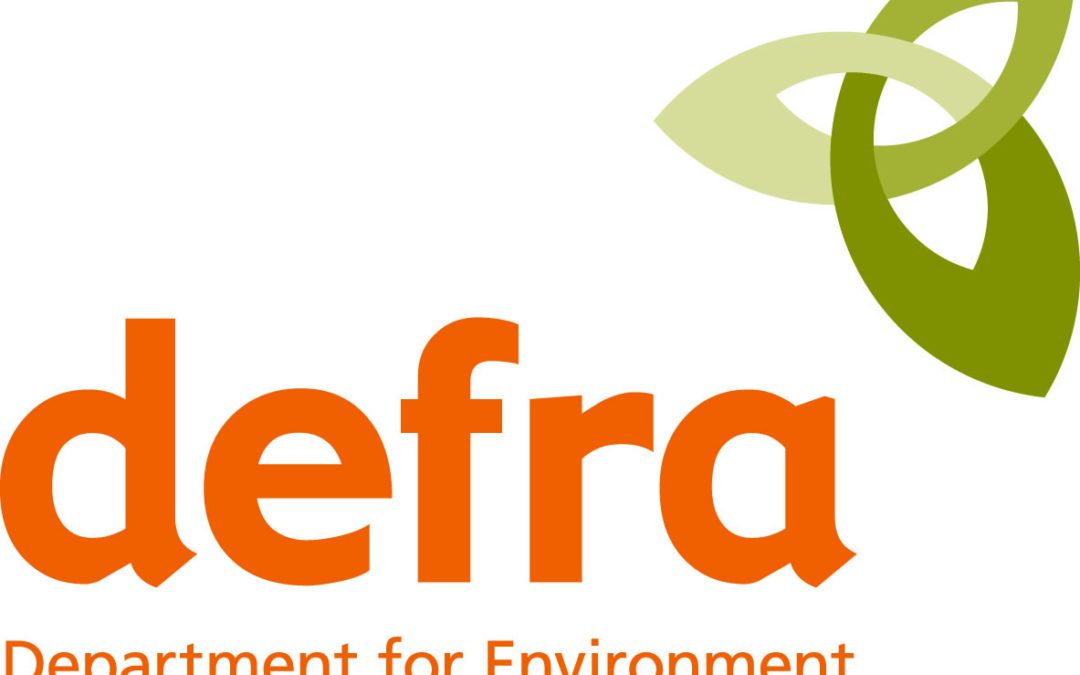
by Shaun Chamberlin | May 19, 2008 | All Posts, Climate Change, Peak Oil, Politics, Reviews and recommendations, TEQs (Tradable Energy Quotas)
This is just a quick post to point people towards the DEFRA pre-feasibility study into TEQs that came out earlier this month, and in particular the critical responses to it posted by the Centre for Sustainable Energy and The Lean Economy Connection (pdf) (this one...
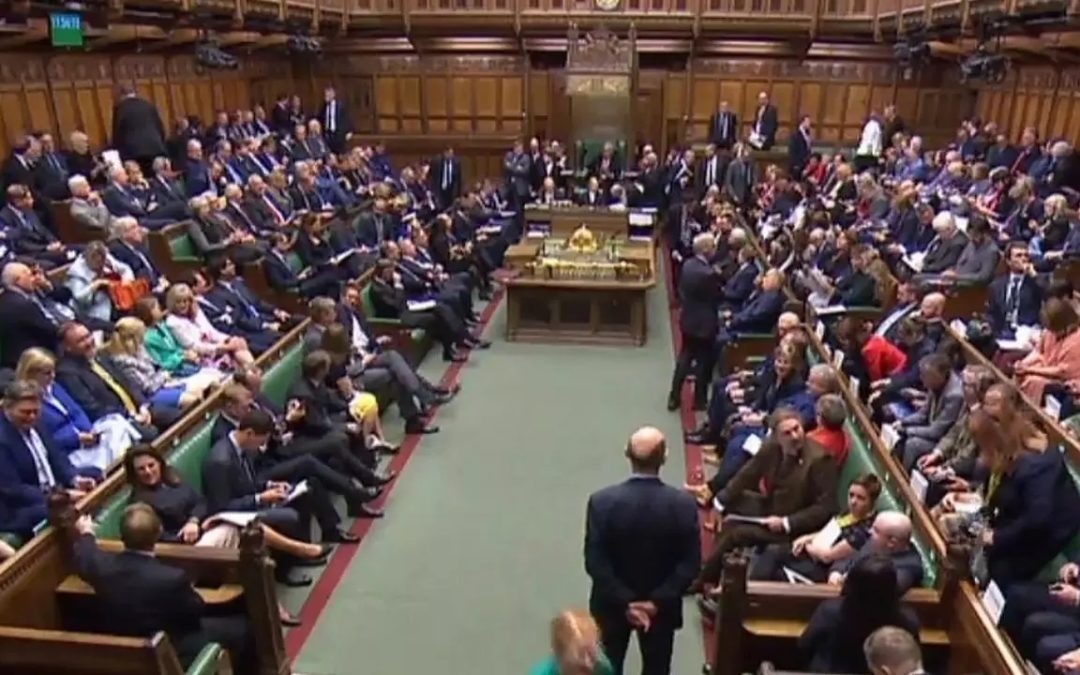
by Shaun Chamberlin | May 16, 2008 | All Posts, Politics, TEQs (Tradable Energy Quotas)
On Tuesday I spoke on TEQs at the House of Commons to a joint meeting of the All Party Parliamentary Group on Peak Oil and Gas (APPGOPO) and the All Party Parliamentary Group on Climate Change.
An audio recording of my presentation, and those of my co-speakers - Rob Hopkins of Transition Towns and Simon Snowden of Liverpool University's Oil Depletion Impact Group - can be found on the APPGOPO website, along with our slides.
My personal highlight was Simon Snowden's comment on so-called 'silver bullet' solutions to peak oil and climate change:
"Those familiar with their mythology will recall that silver bullets are used for killing werewolves. Werewolves do not exist. So silver bullets are both expensive and bloody useless!"
My presentation was very well received, and I was delighted to hear that I had created some new converts, but as is so often the case I found the informal chats around the event the most engaging aspect.
In particular I made the acquaintance of Polly Higgins, known as The Lazy Environmentalist, who informed me that the concept of an EU-MENA supergrid bringing Concentrating Solar thermal Power (CSP) to Europe from the deserts of North Africa and the Middle East is rapidly gaining political momentum among European governments.
On Monday I will post a full comment on this significant development.
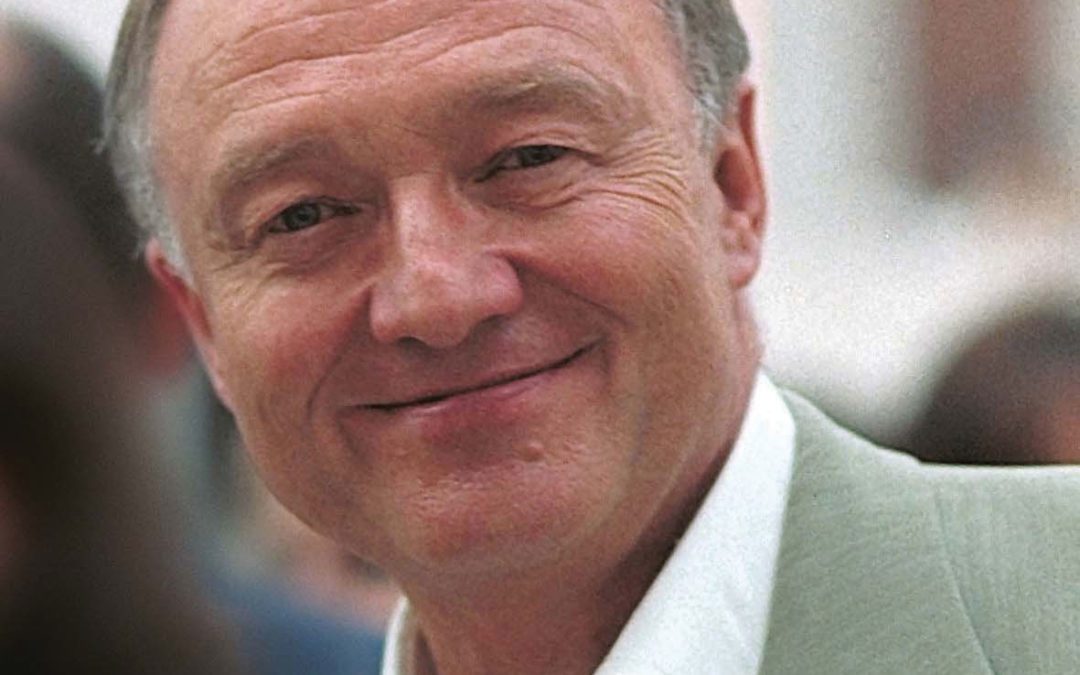
by Shaun Chamberlin | Apr 30, 2008 | All Posts, Climate Change, Politics, TEQs (Tradable Energy Quotas)
Vote for Ken Livingstone – the future of our world may depend on it. Having worked with the Energy and Climate Change teams at City Hall it’s clear that they’re desperate for Ken to win another term, although for obvious reasons they won’t say...
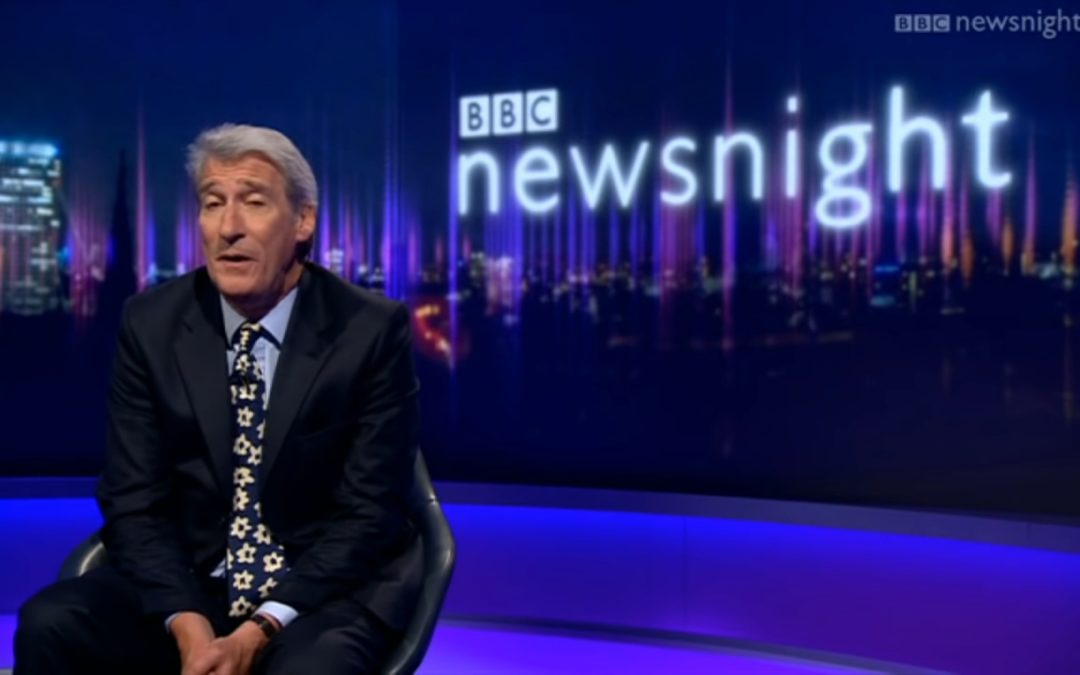
by Shaun Chamberlin | Mar 11, 2008 | All Posts, Politics, Reviews and recommendations, TEQs (Tradable Energy Quotas)
There was an interesting discussion on Newsnight last night regarding green taxation. The programme can be seen free-of-charge for the next 6 days through the BBC iPlayer The full feature is no longer available online, but is summarised below. The three guests for the...








Recent Comments